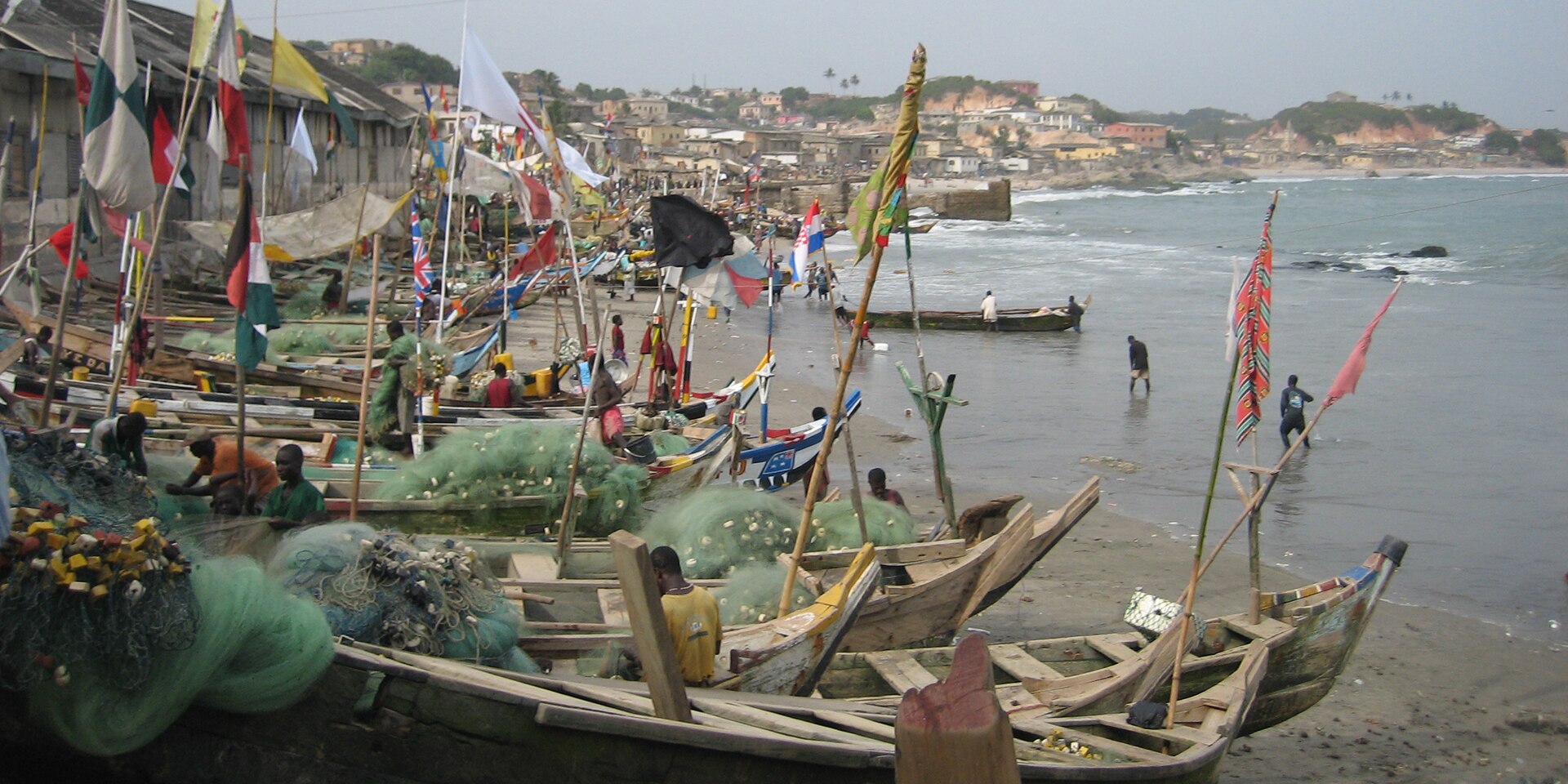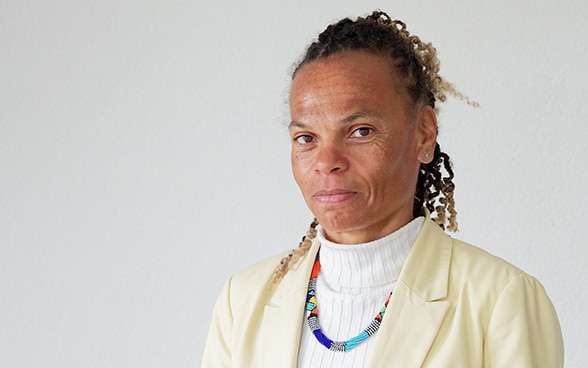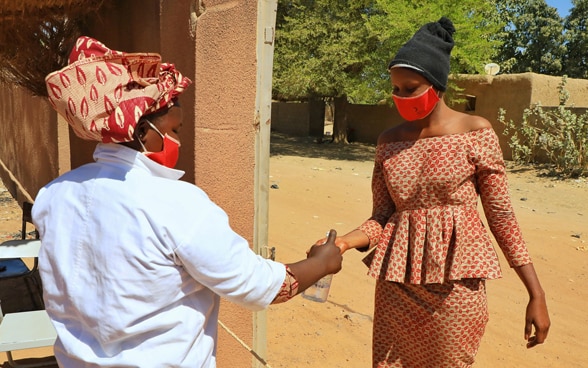COVID-19
The spread of the novel coronavirus required a rapid response from Switzerland's international cooperation. The crisis has had a particularly strong impact on developing countries, where many education systems faced problems even before COVID-19, such as shortcomings in teaching quality and shortages in capacity and infrastructure. The closure of schools in SDC partner countries due to COVID-19 has worsened the long-term social and economic prospects of local populations.
Children affected may not get access to school, fail to obtain qualifications and consequently miss the opportunity to embark on careers. Switzerland implemented measures quickly to mitigate the economic, social and health impact of the crisis and to prevent progress made on development cooperation from being jeopardised. It is providing emergency humanitarian aid, supporting international actions and gearing current projects and development programmes specifically towards the management of COVID-19.







.jpg)